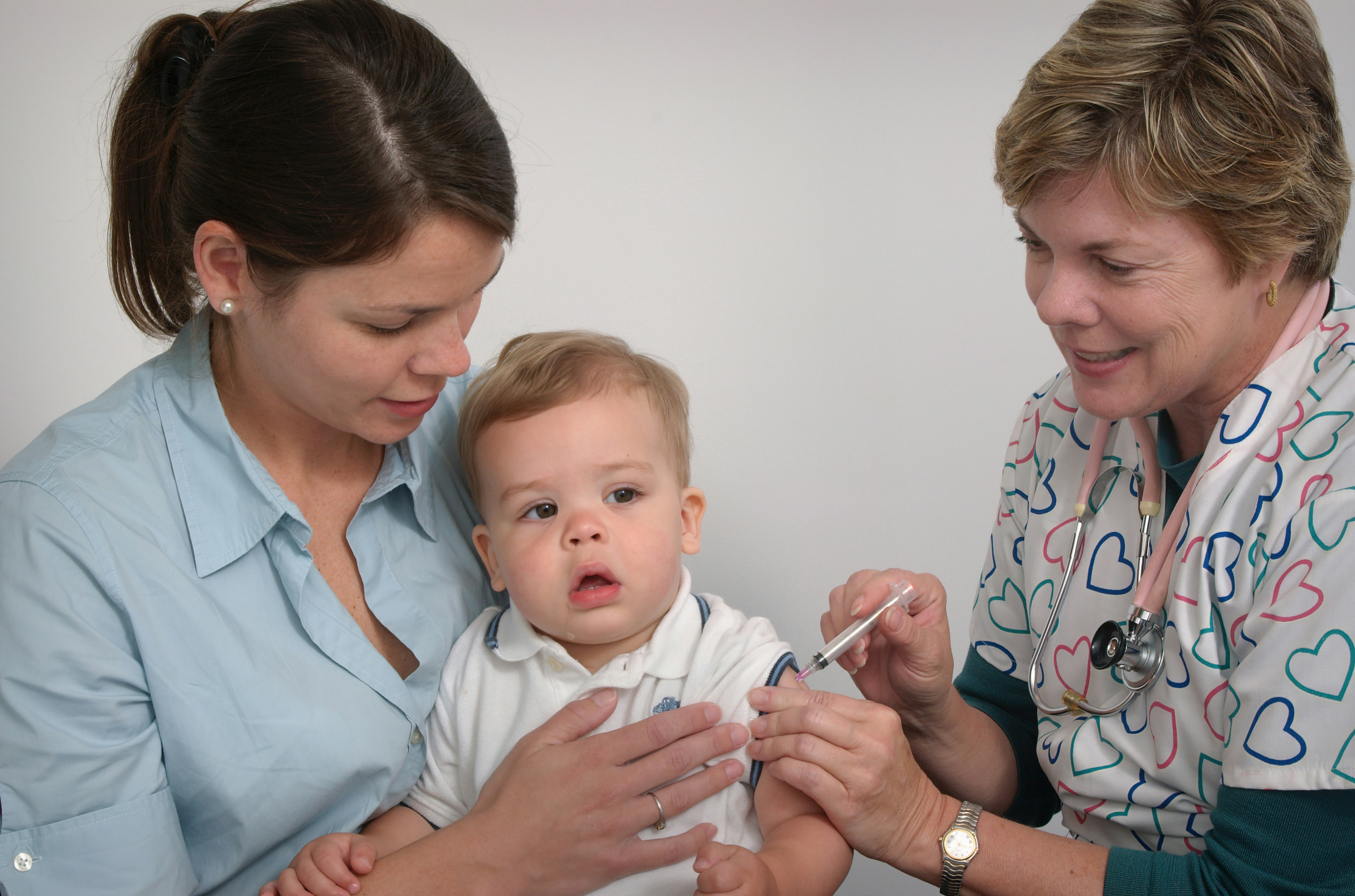Search
Research
Getting creative: Using art-based techniques to identify how arts organizations enhance young people’s well-beingMental health concerns present significant challenges for Australian youth. Arts organizations play a key role in promoting preventative mental health strate-gies through enhancing the social and emotional well-being (SEWB) of youth. However, little is known about how the arts promote SEWB and the processes and contexts through which this occurs.
Research
Effects of pregnancy and lactation prebiotics supplementation on infant allergic disease: A randomized controlled trialIngestion of prebiotics during pregnancy and lactation may have immunomodulatory benefits for the developing fetal and infant immune system and provide a potential dietary strategy to reduce the risk of allergic diseases. We sought to determine whether maternal supplementation with dietary prebiotics reduces the risk of allergic outcomes in infants with hereditary risk.
Research
Feasibility and safety of introducing cashew nut spread in infant diets-A randomized trialTo reduce peanut allergy prevalence, infant feeding guidelines now recommend introducing peanuts in an age-appropriate form (such as peanut butter) as part of complementary feeding. However, due to a lack of randomized trial evidence, most infant feeding and food allergy prevention guidelines do not include tree nuts. The aims of this trial were to determine safety and feasibility of dosage consumption recommendations for infant cashew nut spread introduction.
Research
Long-term outcomes of symptomatic optic pathway glioma: 32-year experience at a single Western Australian tertiary pediatric oncology centerOptic pathway gliomas (OPGs) are associated with significant risk of visual and endocrine morbidity, but data on long-term outcomes in symptomatic patients is sparse. This study reviews the clinical course, disease progression, survival outcomes and long-term sequelae in pediatric patients with symptomatic OPGs in our institution over three decades.
Research
Influenza vaccination in Western Australian children: an economic evaluation to inform future state and national programsChristopher Hannah Peter Peter Blyth Moore Jacoby Richmond MBBS (Hons) DCH FRACP FRCPA PhD OAM BSc (Hons) GradDipClinEpi PhD BA (Hons) MSc MBBS MRCP(
Research
Can positive mindsets be protective against stress and isolation experienced during the covid-19 pandemic? A mixed methods approach to understanding emotional health and wellbeing needs of perinatal womenThe aim of this study was to explore the relationship between emotional health and wellbeing and support needs of perinatal women during the COVID-19 pandemic, and to understand their experiences and need for support. This is a potentially vulnerable group and a critical developmental phase for women and infants.
Research
Influenza vaccine effectiveness and uptake in children at risk of severe diseaseParticipation in the preschool influenza vaccination program remains low with parents unconvinced of the benefits and safety of influenza vaccine
Research
Ultraviolet radiation suppresses obesity and symptoms of metabolic syndrome independently of vitamin DUVR or sunlight exposure may be an effective means of suppressing the development of obesity and MetS, through mechanisms that are independent of vitamin D
Research
Re-evaluation of link between interpregnancy interval and adverse birth outcomes: Retrospective cohort study matching two intervals per motherThis study questions the causal effect of short interpregnancy intervals on adverse birth outcomes and points to the possibility of unmeasured or...
Research
Effectiveness of trivalent flu vaccine in healthy young childrenThis paper reports some of the findings from the Western Australian Influenza Vaccine Effectiveness Study, commenced in 2008, to evaluate a program providing...

News & Events
The Kids researchers help quantify global impact of life-saving vaccinesResearchers at The Kids Research Institute Australia have helped map the global impact of life saving vaccines to mark the 50-year anniversary of the Expanded Programme on Immunisation (EPI).

News & Events
New eczema storybook to promote healthy skinA children’s book – written by community, for community – has been launched in Western Australia’s south-west to help children and families understand more about one of the most common inflammatory skin conditions in children.

News & Events
Five The Kids researchers awarded prestigious grantsSeveral The Kids Research Institute Australia researchers will share in more than $7.5 million in prestigious Investigator Grants to pursue a range of innovative child health research.
Research
The human toll and humanitarian crisis of the Russia-Ukraine war: the first 162 daysWe examined the human toll and subsequent humanitarian crisis resulting from the Russian invasion of Ukraine, which began on 24 February 2022.
